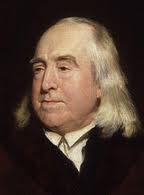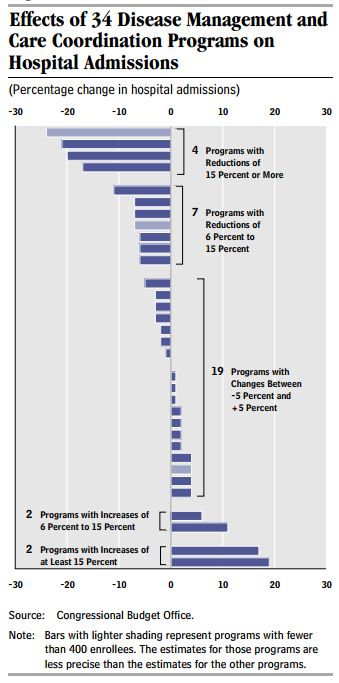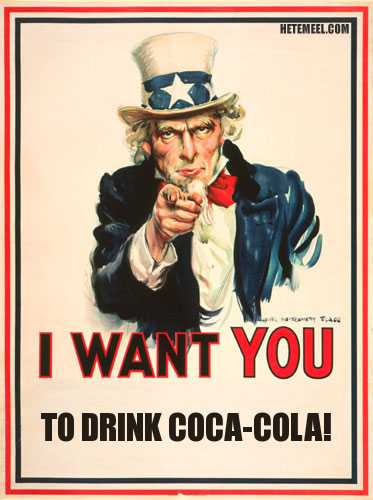Powerful words from Thomas Paine, spoken September 11, 1777:
“Those who expect to reap the blessings of freedom, must, like men, undergo the fatigues of supporting it.”

Powerful words from Thomas Paine, spoken September 11, 1777:
“Those who expect to reap the blessings of freedom, must, like men, undergo the fatigues of supporting it.”
 In many ways, Jeremy Bentham was all about equality. As the father of utilitarianism, he believed that all social policy should be designed to maximize the happiness and pleasures of humans’ experience while minimizing the pains and miseries. And in espousing this theory of justice, he didn’t distinguish between upper class and lower class and men or women. He strove for politics that maximized human happiness. Nevertheless, when he first read the Declaration of Independence, he scoffed at the idea that all men are created equal:
In many ways, Jeremy Bentham was all about equality. As the father of utilitarianism, he believed that all social policy should be designed to maximize the happiness and pleasures of humans’ experience while minimizing the pains and miseries. And in espousing this theory of justice, he didn’t distinguish between upper class and lower class and men or women. He strove for politics that maximized human happiness. Nevertheless, when he first read the Declaration of Independence, he scoffed at the idea that all men are created equal:
“’All men,’ they tell us, ‘are created equal.’ This surely is a new discovery; now, for the first time, we learn, that a child, at the moment of its birth, has the same quantity of natural power as the parent, the same quantity of political power as the magistrate.”
I guess Bentham missed the idea that when Thomas Jefferson wrote that all men are created equal, he meant equal in terms of the rights they hold in front of their governments.
(Click here to view comments)

“There are higher things in this life than the soft and easy enjoyment of material comfort. It is through strife, or the readiness for strife, that a nation must win greatness. We ask for a great navy, partly because we feel that no national life is worth having if the nation is not willing, when the need shall arise, to stake everything on the supreme arbitrariment of war, and to pour out its blood, its treasure, and its tears like water, rather than submit to the loss of honor and reknown.”
Amazing quote, whatever you think about Roosevelt’s militaristic and nationalistic world view. But President McKinley’s response to Roosevelt’s speech reveals an interesting aspect of decision psychology, one I write about in Critical Decisions: the way that responsibility influences people’s willingness to make bold choices. McKinley was on record as promoting a policy of non-aggression, but spoke favorably about Roosevelt’s speech:
“I suspect that Roosevelt is right, and the only difference between him and me is that mine is the greater responsibility.”
Thought I’d pass along a simple picture showing the results of Medicare efforts to reduce hospital readmissions. To their credit, the folks of Medicare are not sure what will work, so they have been pilot testing lots of programs. But as this picture from a January 2012 Congressional Budget Office briefing shows, there is wide variability in the effectiveness of these kinds of programs.

The bottom line here: if you don’t know what’s going to work, test of competing ideas. Find what works, and disseminate it. Then make sure to see if it is still working! Nothing easy here, but at least folks over at Medicare are trying to figure this out.
(Click here to view comments)
 Recently Mayor Michael Bloomberg learned that his Big Gulp ban had been blocked by a state Supreme Court judge for arbitrarily targeting these consumer goods without a legal rationale. Determined to combat the obesity epidemic, Bloomberg will no doubt appeal this decision. But he shouldn’t. Instead, he should look back at the history of alcohol prohibition and recognize that taxing sugar is a much better way to combat obesity than banning sugary beverages.
Recently Mayor Michael Bloomberg learned that his Big Gulp ban had been blocked by a state Supreme Court judge for arbitrarily targeting these consumer goods without a legal rationale. Determined to combat the obesity epidemic, Bloomberg will no doubt appeal this decision. But he shouldn’t. Instead, he should look back at the history of alcohol prohibition and recognize that taxing sugar is a much better way to combat obesity than banning sugary beverages.
In 1791, Alexander Hamilton was trying to figure out how the nascent U.S. government could pay for its activities. The US government was quite lean in those early days, but not so lean it didn’t need a bit of revenue. Hamilton was trying to think of a fair and efficient way of collecting funds, when he had an aha moment: alcohol! “There appears to be no article” he wrote “…which is an object of more equal consumption throughout the U.S.”
Whether rich or poor, northern or southern, Hamilton realized that most men drank, meaning that an alcohol tax would be spread across the population relatively evenly, and wouldn’t require a complex bureaucracy to determine if everyone is paying their fair share. True, some people drank to excess and this tax would hurt them hard. But on the other hand, the tax might even help them. As Daniel Okrent points out in his book Last Call: “Hamilton even found social value in taxing alcohol: it might discourage people from drinking the stuff.”
Sin taxes, it turns out, have been part of the American fabric since the days when we first stitched thirteen states together into a unified country… (Read more and view comments at Forbes)
“When we reflect how difficult it is to move or inflect the great machine of society, how impossible to advance the notions of a whole people suddenly to ideal right, we see the wisdom of Solon’s remark that no more good must be attempted than the nation can bear.”
Here is a nice piece in the Chronicle, the student newspaper at Duke, on price transparency in medical care. You know when UNDERGRADS start writing about a topic, it is hot!
(Click here to view comments)
Confused about whether you will need to buy health insurance under the Obamacare mandate? Here is a chart from the Kaiser Foundation Family website that helps you sort things through:
 (Click here to view comments)
(Click here to view comments)
As you know from a couple of my earlier posts, I am exploring the ins and outs of price transparency in health care. Here is a nice post by William Pierce in the Huffington Post that pulls together a number of nice links while musing about the complexities of this issue.
Pierce’s post makes mention of one particular article I want to mention now, one from the Washington Post that discusses how price transparency might play out in the market for, of all things, ankle MRIs. It also discusses the role that private companies hope to play in getting consumers better information about both price and quality. The times, they are a changing!
(Click here to view comments)
 According to the New York Times, the Boy Scouts of America on Friday proposed ending its ban on openly gay scouts but continue to bar gay adults from serving as leaders. This policy is wrongheaded, regardless of whether you think homosexuality is right or wrong. By pushing gay men further into the back of the closet, the policy potentially increases the risk of the very thing the policy is intended to prevent. If the organization wants to protect Boy Scouts from sexual predators, it should welcome openly gay Scout leaders.
According to the New York Times, the Boy Scouts of America on Friday proposed ending its ban on openly gay scouts but continue to bar gay adults from serving as leaders. This policy is wrongheaded, regardless of whether you think homosexuality is right or wrong. By pushing gay men further into the back of the closet, the policy potentially increases the risk of the very thing the policy is intended to prevent. If the organization wants to protect Boy Scouts from sexual predators, it should welcome openly gay Scout leaders.
Does the Policy Makes Sense If Homosexuality is a Sin?
As a Christian organization, the Boy Scouts of America may want to continue their ban because many Christians believe homosexuality is a sin. The problem with this view, a problem acknowledged by many conservative Christians, is that it is hard to call a person’s sexual preferences sinful, separate from whether they act out upon those preferences. I do not know many Christians who believe that homosexuality per se is a sin. Instead, the conservative Christians I know believe that homosexual sexual activity is a sin. It’s not the preferences they view as being immoral, but the actions. By this view, a gay man who resists the temptation to have sex with other men is not sinning. Instead, he is showing moral strength. (By the same token, wanting to commit adultery is not necessarily a sin, while cheating on your spouse is.)… (Read more and view comments at Psychology Today)